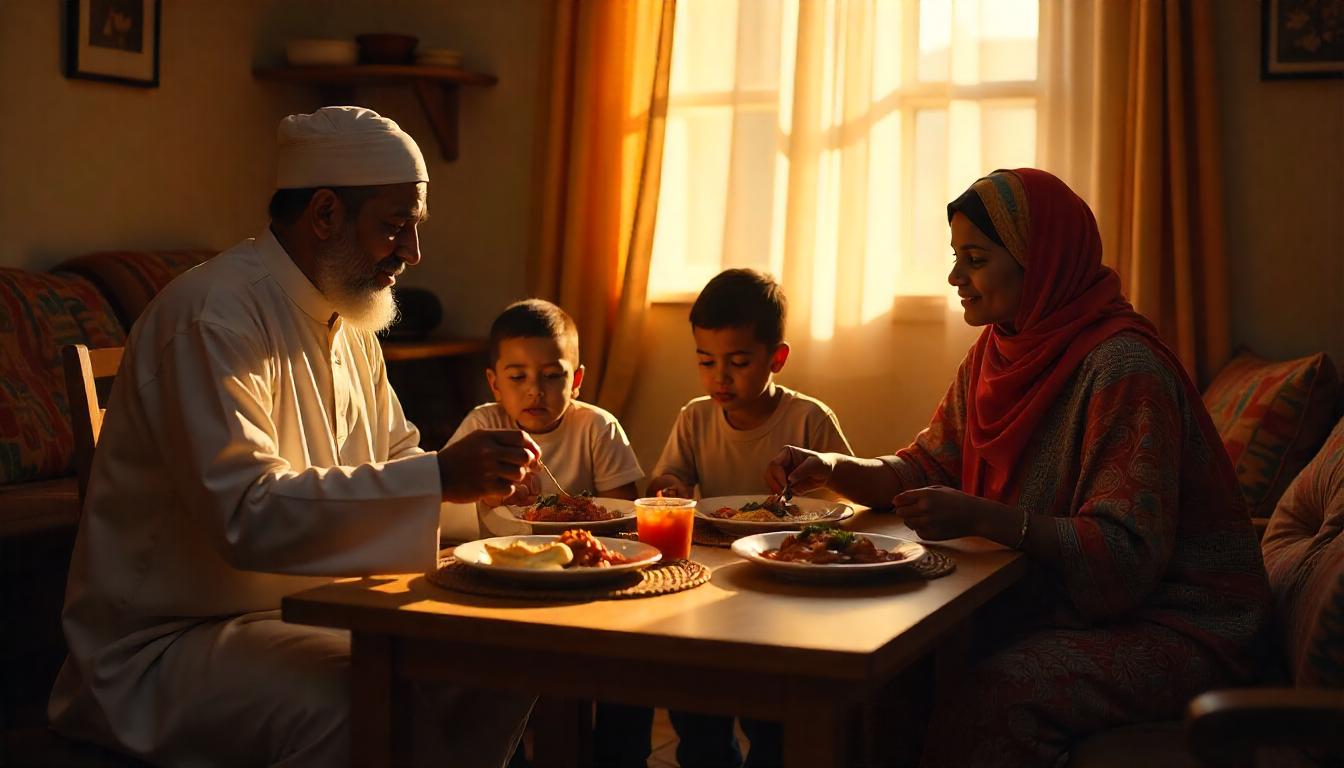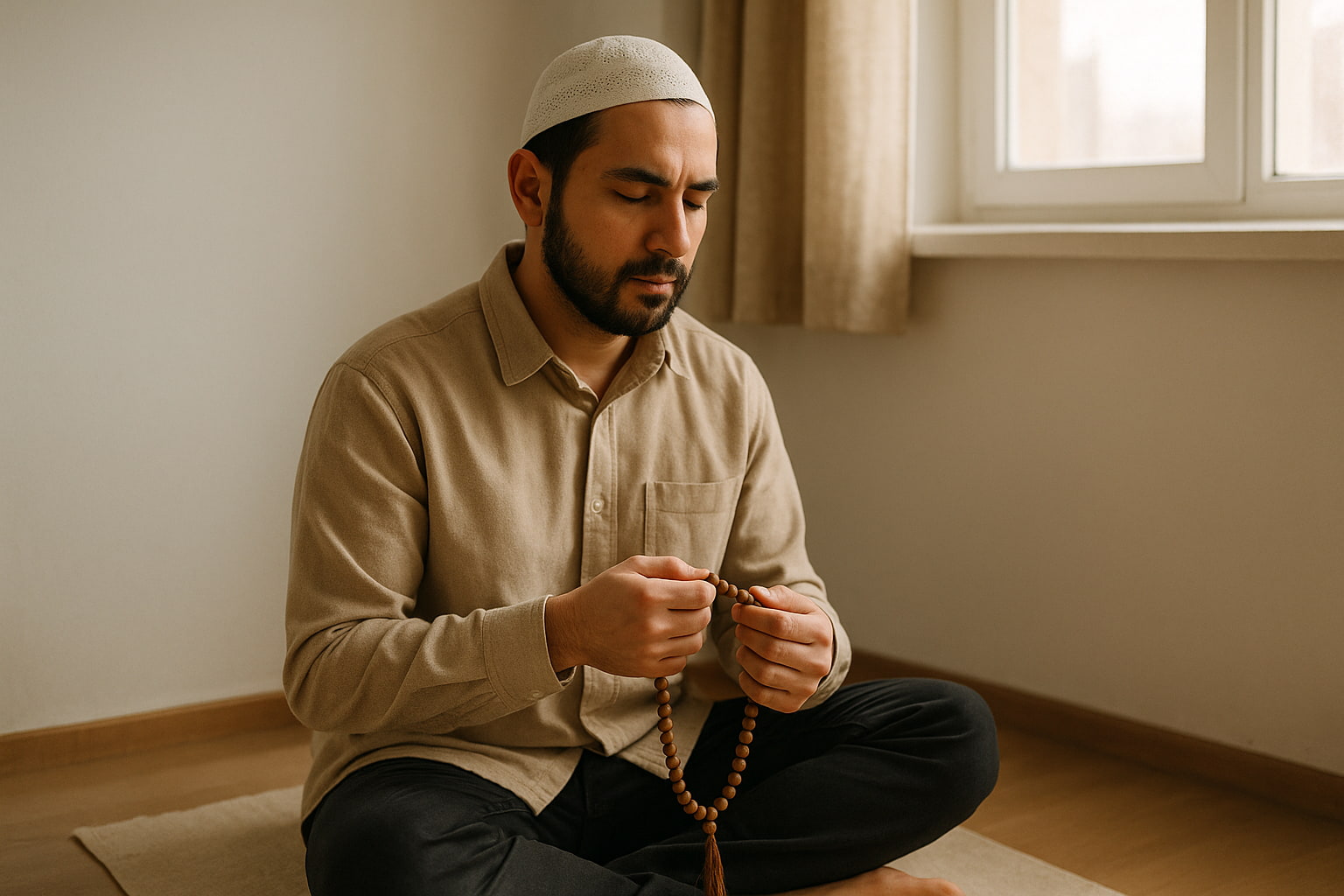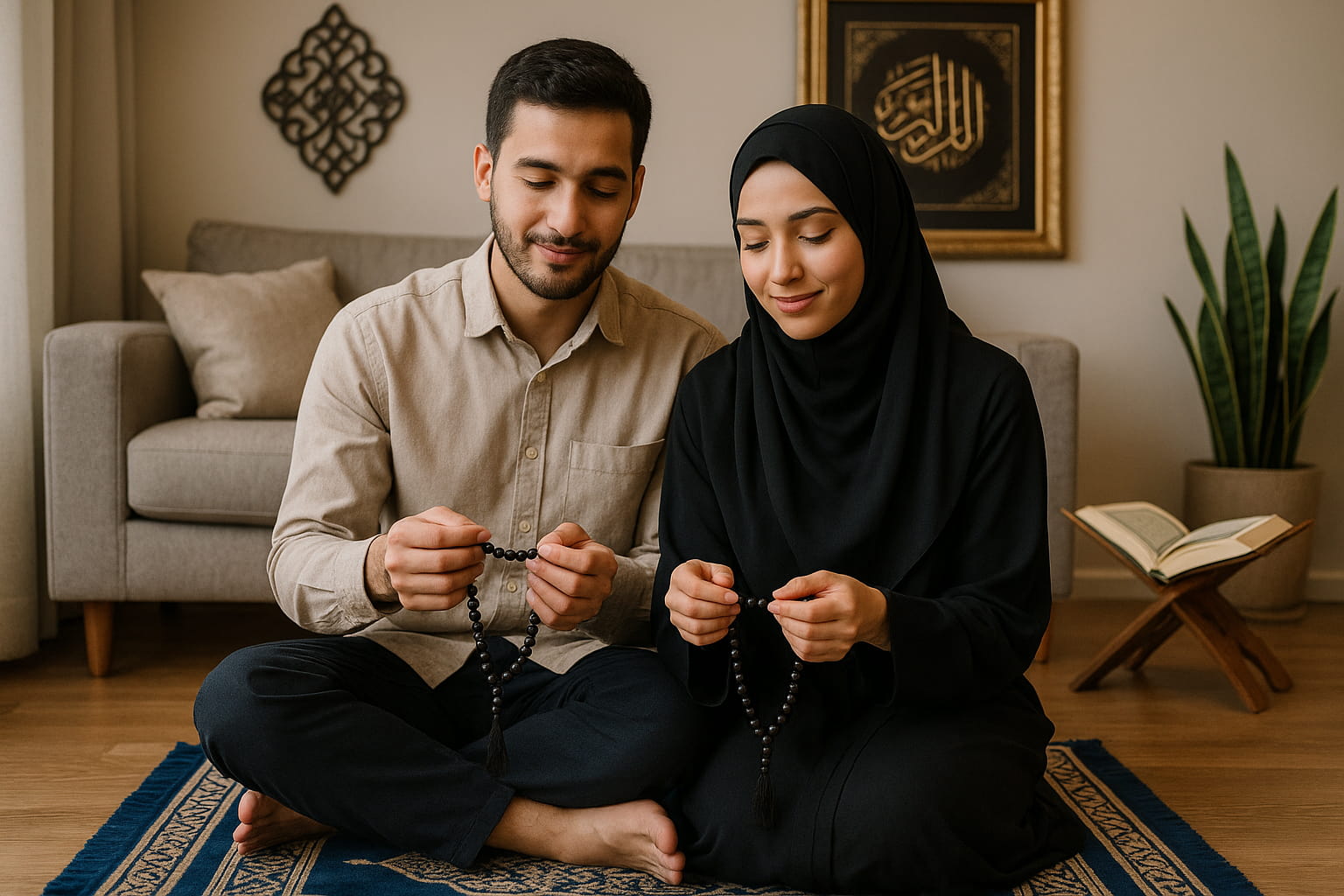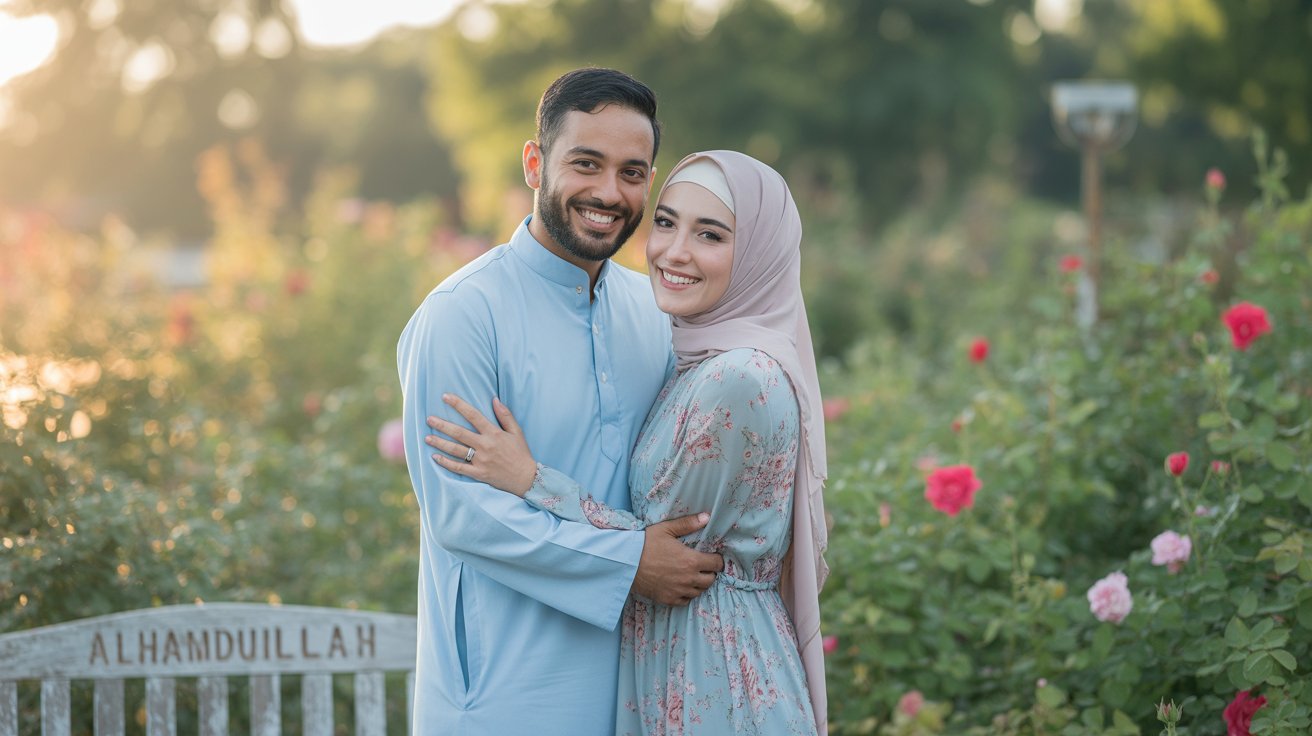Eating is one of the most essential acts of daily life, and in Islam, it is not just about fulfilling hunger but also about seeking blessings (barakah) and showing gratitude to Allah. The Prophet Muhammad ﷺ taught us specific DUA for Eating, which bring barakah in food, protect us from harm, and ensure that we follow the Sunnah way of eating.
In this article, we will cover:
- The Sunnah Duas before and after eating
- 5 Quranic verses related to food, sustenance, and gratitude
- Islamic etiquettes of eating and drinking
- The benefits of following the Sunnah in eating
- How making dua while eating increases blessings
By following these guidelines, we can turn a daily activity into an act of worship and earn immense rewards from Allah.
The Sunnah Duas for Eating and After Eating
Dua Before Eating
Before starting our meal, it is Sunnah to say:
بِسْمِ اللَّهِ
“In the name of Allah.”
(Sahih Bukhari 5376, Sahih Muslim 2022)
If You Forget to Say Bismillah
If someone forgets to say Bismillah at the beginning, they should say:
بِسْمِ اللَّهِ أَوَّلَهُ وَآخِرَهُ
“In the name of Allah, in its beginning and in its end.”
(Sunan Abi Dawood 3767, Tirmidhi 1858)
Dua After Eating
After finishing the meal, we should say:
الْحَمْدُ لِلَّهِ الَّذِي أَطْعَمَنَا وَسَقَانَا وَجَعَلَنَا مِنَ الْمُسْلِمِينَ
“All praise is for Allah, Who has given us food and drink and made us Muslims.”
(Sunan Abu Dawood 3850, Tirmidhi 3457)
Why These Duas Are Important?
- Seeking Allah’s blessings and protection in food
- Expressing gratitude for the sustenance given by Allah
- Following the Sunnah of the Prophet ﷺ
- Bringing barakah (blessings) in the food
5 Quranic Verses About Food, Sustenance, and Gratitude
Quranic Verse #1 – Eat What Is Lawful and Pure
يَا أَيُّهَا النَّاسُ كُلُوا مِمَّا فِي الْأَرْضِ حَلَالًا طَيِّبًا وَلَا تَتَّبِعُوا خُطُوَاتِ الشَّيْطَانِ إِنَّهُ لَكُمْ عَدُوٌّ مُبِينٌ
“O mankind, eat from whatever is on earth [that is] lawful and pure, and do not follow the footsteps of Satan. Indeed, he is to you a clear enemy.”
(Surah Al-Baqarah 2:168)
✔ Islam commands us to eat halal (lawful) and tayyib (pure) food and avoid that which is forbidden.
Quranic Verse #2 – Be Grateful for Allah’s Blessings
فَكُلُوا مِمَّا رَزَقَكُمُ اللَّهُ حَلَالًا طَيِّبًا وَاشْكُرُوا نِعْمَتَ اللَّهِ إِن كُنتُمْ إِيَّاهُ تَعْبُدُونَ
“So eat of what Allah has provided for you [which is] lawful and good, and be grateful for the favor of Allah, if it is [indeed] Him that you worship.”
(Surah An-Nahl 16:114)
✔ Gratitude (shukr) for food increases blessings in life.
Quranic Verse #3 – Do Not Waste Food
وَكُلُوا وَاشْرَبُوا وَلَا تُسْرِفُوا إِنَّهُ لَا يُحِبُّ الْمُسْرِفِينَ
“And eat and drink, but do not waste by excess; indeed, He does not like those who commit excess.”
(Surah Al-A’raf 7:31)
✔ Islam forbids extravagance and wasting food as it is a gift from Allah.
Quranic Verse #4 – Sharing Food Brings Barakah
وَيُطْعِمُونَ الطَّعَامَ عَلَىٰ حُبِّهِ مِسْكِينًا وَيَتِيمًا وَأَسِيرًا
“And they give food in spite of love for it to the needy, the orphan, and the captive.”
(Surah Al-Insan 76:8)
✔ Feeding others is a way to earn immense rewards from Allah.
Quranic Verse #5 – Rizq (Sustenance) Comes from Allah
وَفِي السَّمَاءِ رِزْقُكُمْ وَمَا تُوعَدُونَ
“And in the heaven is your provision and whatever you are promised.”
(Surah Adh-Dhariyat 51:22)
✔ Allah is the provider of sustenance, and trusting Him brings contentment.
Islamic Etiquettes of Eating and Drinking
Sunnah Practices of Eating
- Wash hands before and after eating
- Sit and eat with the right hand
- Eat in moderation – avoid excess
- Avoid eating while reclining
- Do not waste food – finish everything on your plate
- Share food with others – brings barakah
Sunnah Practices of Drinking
- Say Bismillah before drinking
- Drink in three sips instead of gulping
- Do not blow into the drink
- Sit while drinking water – as per Sunnah
The Benefits of Following Islamic Eating Etiquettes
1. Brings Barakah in Food
✔ Reciting DUA for Eating ensures blessings in our food.
2. Improves Physical Health
✔ Sunnah eating habits promote good digestion and a healthy lifestyle.
3. Increases Gratitude and Contentment
✔ Following Islamic teachings reminds us to be thankful for every meal.
4. Strengthens Spiritual Connection
✔ Eating with the right intention makes it an act of worship.
Conclusion
The DUA for Eating is an essential Sunnah that brings blessings, gratitude, and protection into our meals. Islam teaches us that food is not just a necessity but a blessing from Allah that should be consumed with mindfulness and thankfulness.By following the Islamic etiquettes of eating, we gain physical, spiritual, and social benefits, ensuring that our actions align with the teachings of Prophet Muhammad ﷺ. May Allah bless our meals and grant us the ability to eat halal, pure, and blessed food. Ameen! 🤲










